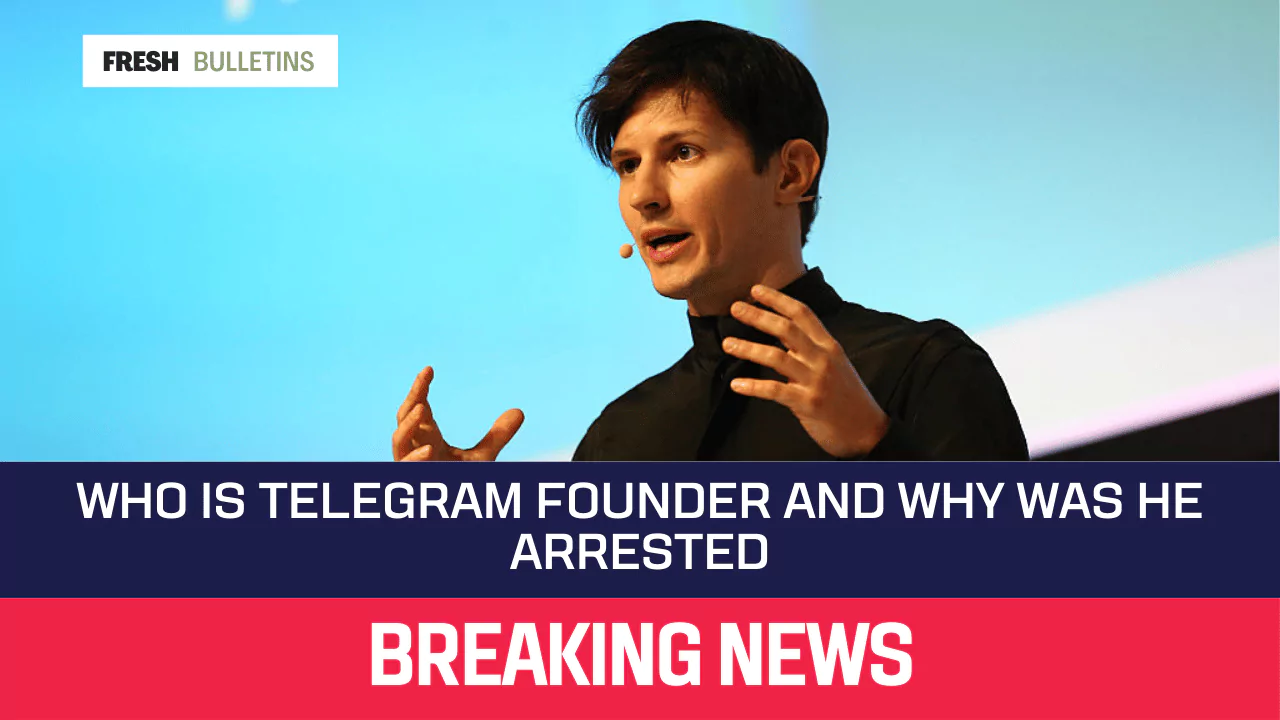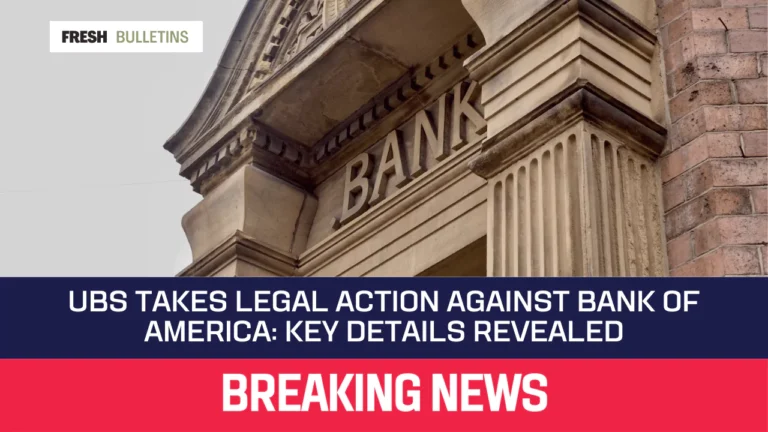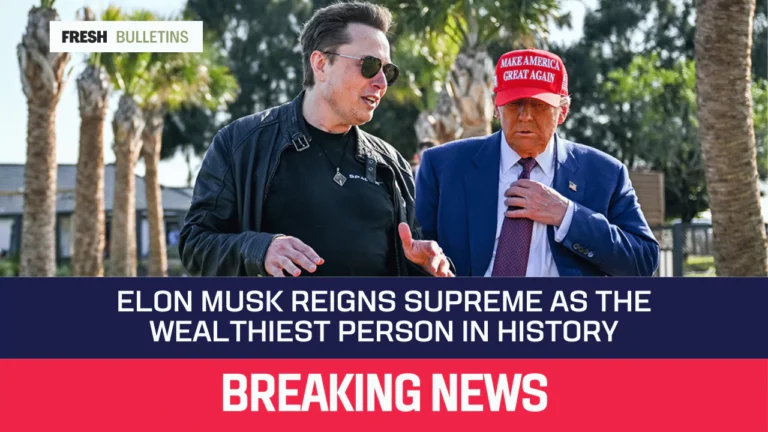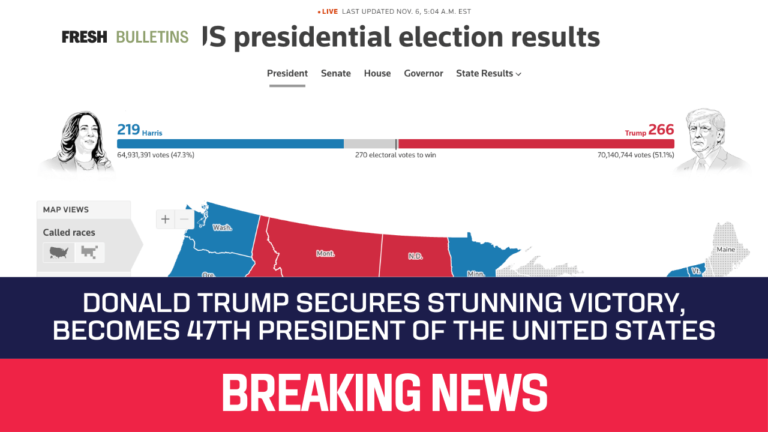Who is Telegram Founder and Why Was He Arrested?
Pavel Durov is the founder of Telegram. He was recently arrested outside Paris for not doing enough to stop illegal activities on his messaging app. The French authorities accused him of serious crimes, including drug trafficking and promoting terrorism.
Early Life and Career
Pavel Durov was born in Russia in 1984. He showed an interest in technology and computers from a young age. He studied at Saint Petersburg State University. There, he completed a degree in philology, which is the study of language and literature.
In 2006, Durov created a social network called VKontakte, or VK. This site became very popular in Russia. It allowed users to share music, photos, and messages with friends. However, Durov faced problems when the government pressured him to censor some information. He refused to obey. This led to a conflict with the owners of VK, who were linked to the Kremlin.
In 2014, after leaving VK, Durov moved out of Russia. He did not want to compromise his views on freedom of speech. He eventually established his new company in the Caribbean. He wanted to create a platform that supported privacy and free expression.
Starting Telegram
Durov launched Telegram in 2013. He aimed to provide a secure messaging service. Telegram became known for its focus on privacy and user freedom. It allowed encrypted messages, making it difficult for anyone to spy on conversations. The app quickly gained popularity, especially in countries like Russia and Ukraine. As of now, it has around 800 million users worldwide.
Telegram attracted many users searching for an alternative to other messaging apps. Durov positioned Telegram as a neutral platform. He wanted everyone to have a voice, no matter their beliefs.
The Arrest
On a recent Saturday night, Pavel Durov was arrested at an airport near Paris. French authorities took him into custody because of the way Telegram was used. They claimed he did not do enough to stop illegal activities on the platform. Some of these included organized crime, drug trafficking, and even terrorism.
France’s OFMIN, which focuses on protecting minors from violence, issued the arrest warrant. They accused Durov of not taking necessary actions against criminal activities that exploited his app’s features. He faced serious allegations, including cyberbullying and fraud.
France’s Ministry of Interior stated that Durov had responsibilities as the founder of a major communication platform. They expected him to prevent these issues. The charges raised by OFMIN were severe, pushing for legal action against him.
Russia’s Response
After Durov’s arrest, the Russian embassy in France acted quickly. They sought clarity on the reasons behind the arrest. The embassy expressed concerns about Durov’s rights. They requested consular access to ensure that he received appropriate legal support. Embassy officials reached out to Durov’s lawyer to stay updated on the situation.
Russia has had a complicated relationship with Durov. He had previously left the country to avoid censorship and government control. Durov’s defiance of Russian authorities made him a controversial figure. His recent arrest stirred discussions about freedom of speech and government control over the internet.
Public Reactions
The arrest sparked discussions on social media. Many Telegram users and supporters expressed their anger and confusion. Some defended Durov and argued that he should not be held responsible for how others use the platform. Others believed that he had some responsibility to prevent misuse, given the app’s size and power.
The situation brought attention to the challenges of moderating online content. Many platforms struggle with balancing freedom of expression and preventing harmful activities. It raised questions about the role of technology companies in maintaining user safety.
Conclusion
Pavel Durov is a prominent figure in the tech industry. He founded Telegram with a vision of privacy and free communication. His recent arrest in France highlights the ongoing challenges technology leaders face. While Durov aimed to provide a safe space for communication, the misuse of his platform has put him in a difficult position. The unfolding events will likely impact his reputation and the way technology companies approach user safety in the future.







